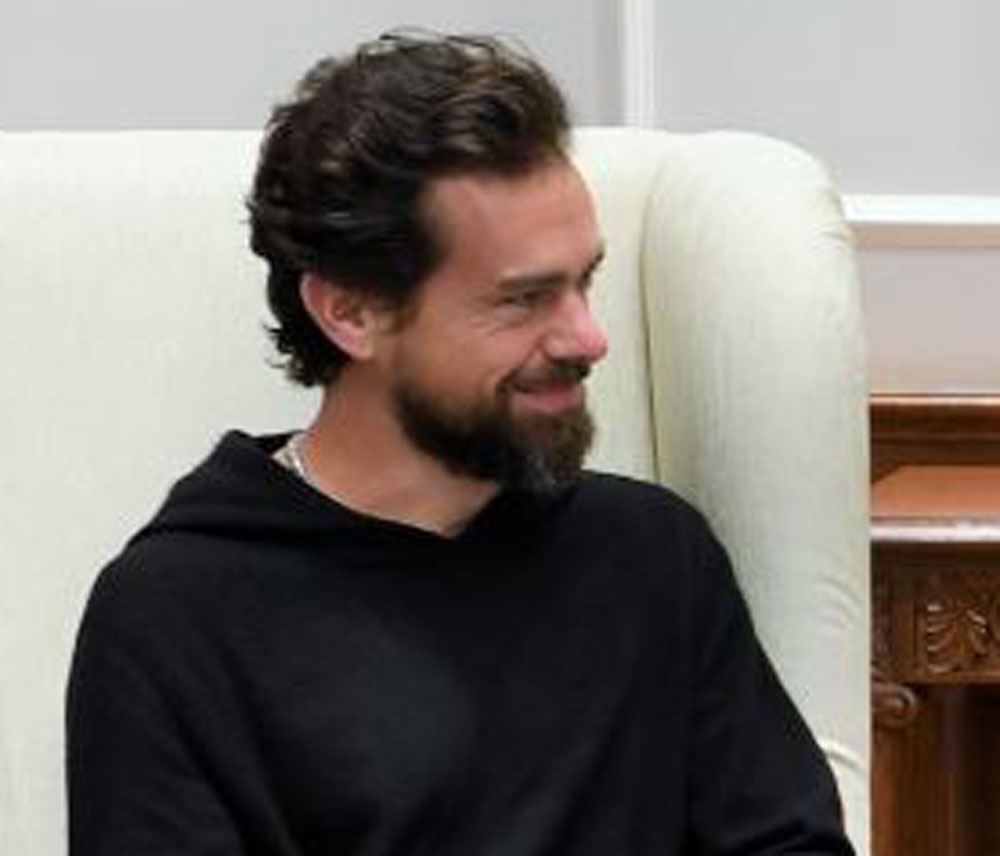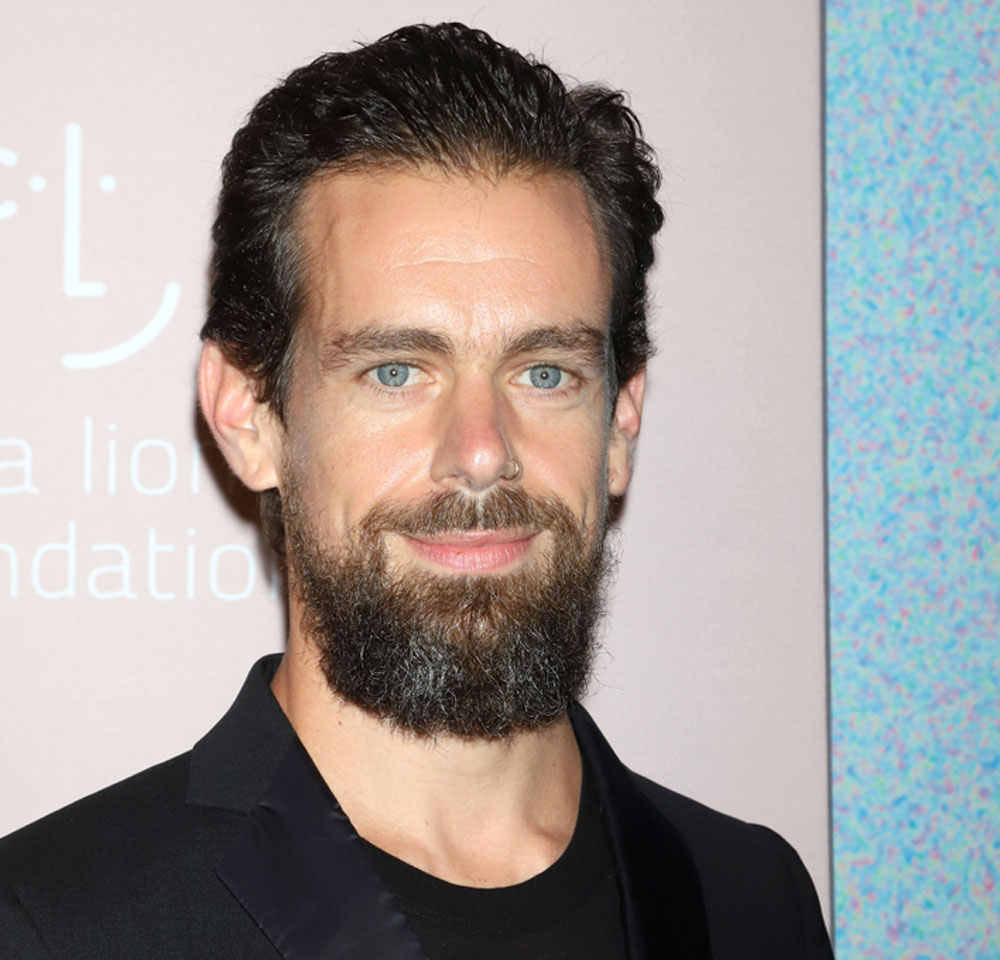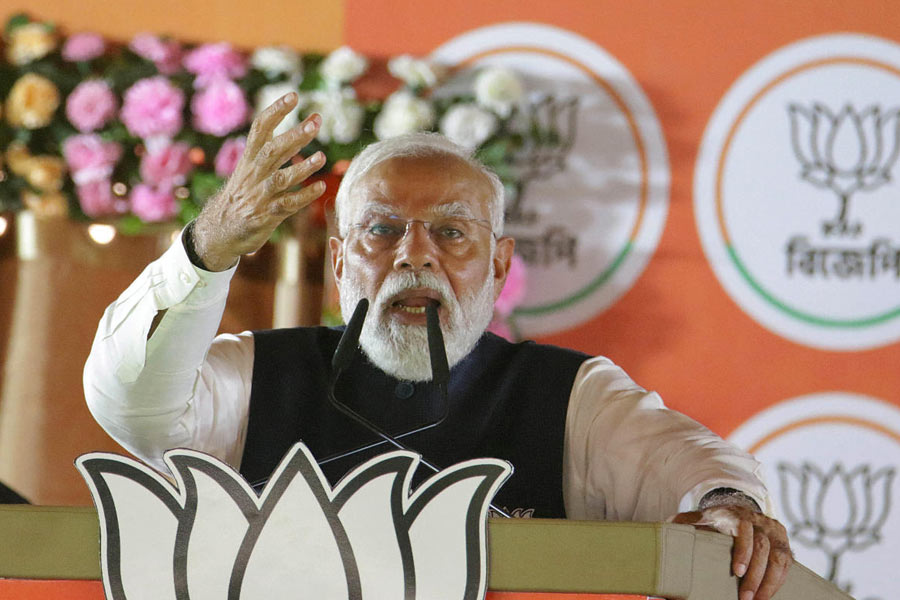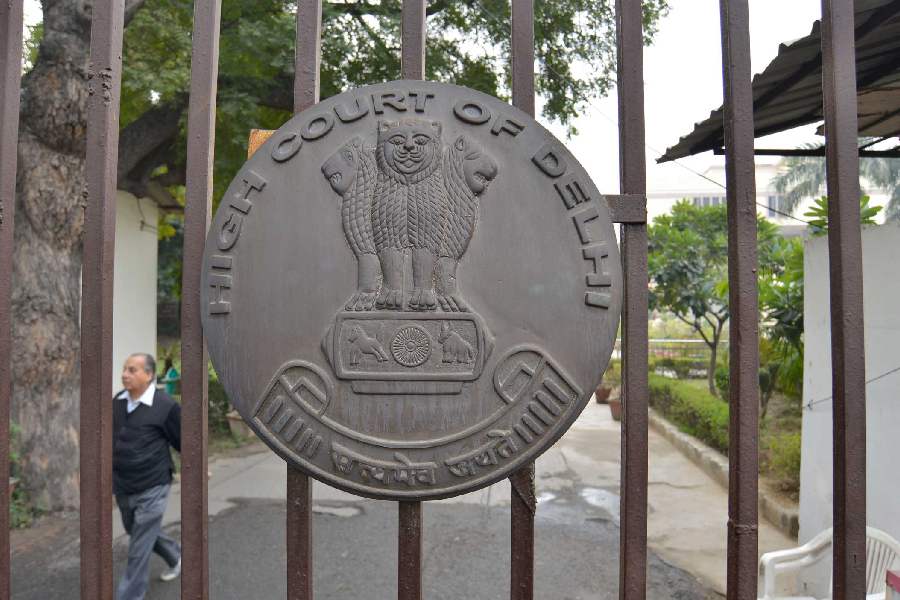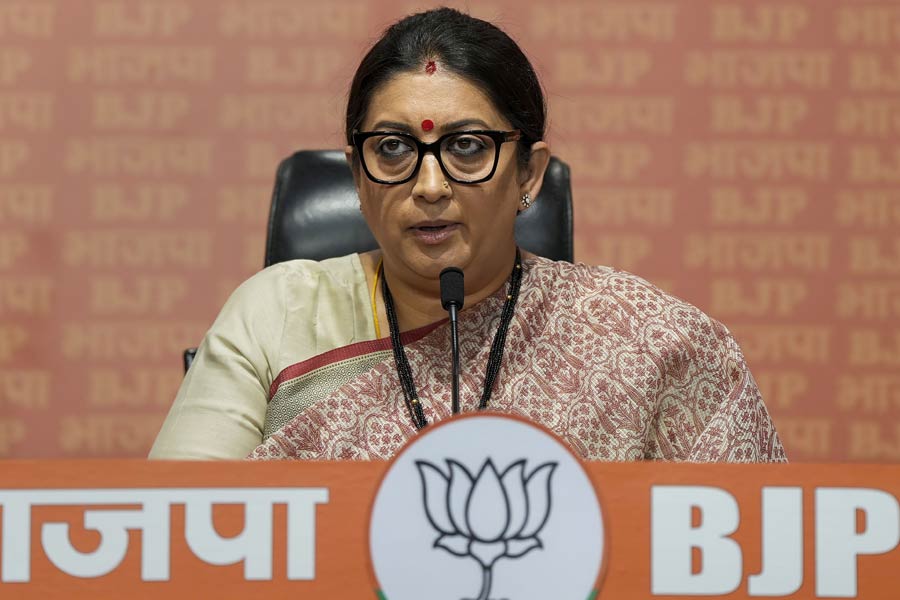Clichés are resilient creatures. An example of an enduring cliché would be the comparison of popular social media platforms with a double-edged sword. It is true that social networking sites such as Twitter can be a boon as much as a bane. While they make it possible for technology-savvy users to disseminate their views among an entire digital universe, they also end up splitting this universe into fractious, squabbling groups. Hence the allusion to a weapon that cuts both ways. This sundering integral to technology has been brought to the fore, once again, by the raucous reception that greeted Jack Dorsey, Twitter’s co-founder and chief executive officer, after he was seen holding — rather disinterestedly — a poster that pledged to “smash Brahminical patriarchy”. Mr Dorsey’s act — Twitter has stated that this was not an endorsement — has attracted howls of indignation. Among other things, he has been accused of inciting hatred against a particular community and there have also been shrill calls for legal action. Supportive voices — that should be tweets — have been fewer. This imbalance arguably strikes at the heart of Twitter’s contention that the company pledges to “see, hear, and understand all sides of important public conversations”. A conversation presupposes the principle of parity. But the sheer number of those baying for blood shows that Twitter, while being popular, may not actually be public in the sense of being representative. Like some other social media avatars, it remains limited by being an echo chamber of ambitious, volatile, relatively privileged users. Neither is this credible proof of a commitment to inclusivity.
That is not all. Twitter’s abject capitulation to the outrage — more imagined than real? — exposes yet another flaw. Even a technology behemoth, much like minorities and migrants in India and the world, remains impotent against the tyranny of numbers. Perhaps that explains the success enjoyed by trolls in this Age of Technology. Twitter’s comeuppance for its systematic failure to protect its users from trolling — abusive messages, intimidation and dire threats issued by mercenaries patronized by authoritarian political dispensations — could not have been more explicit. Worryingly, Twitter’s woes reveal a deeper cultural malaise. Is a supposedly globalized world losing its ability to accommodate and respect contrarian views?

